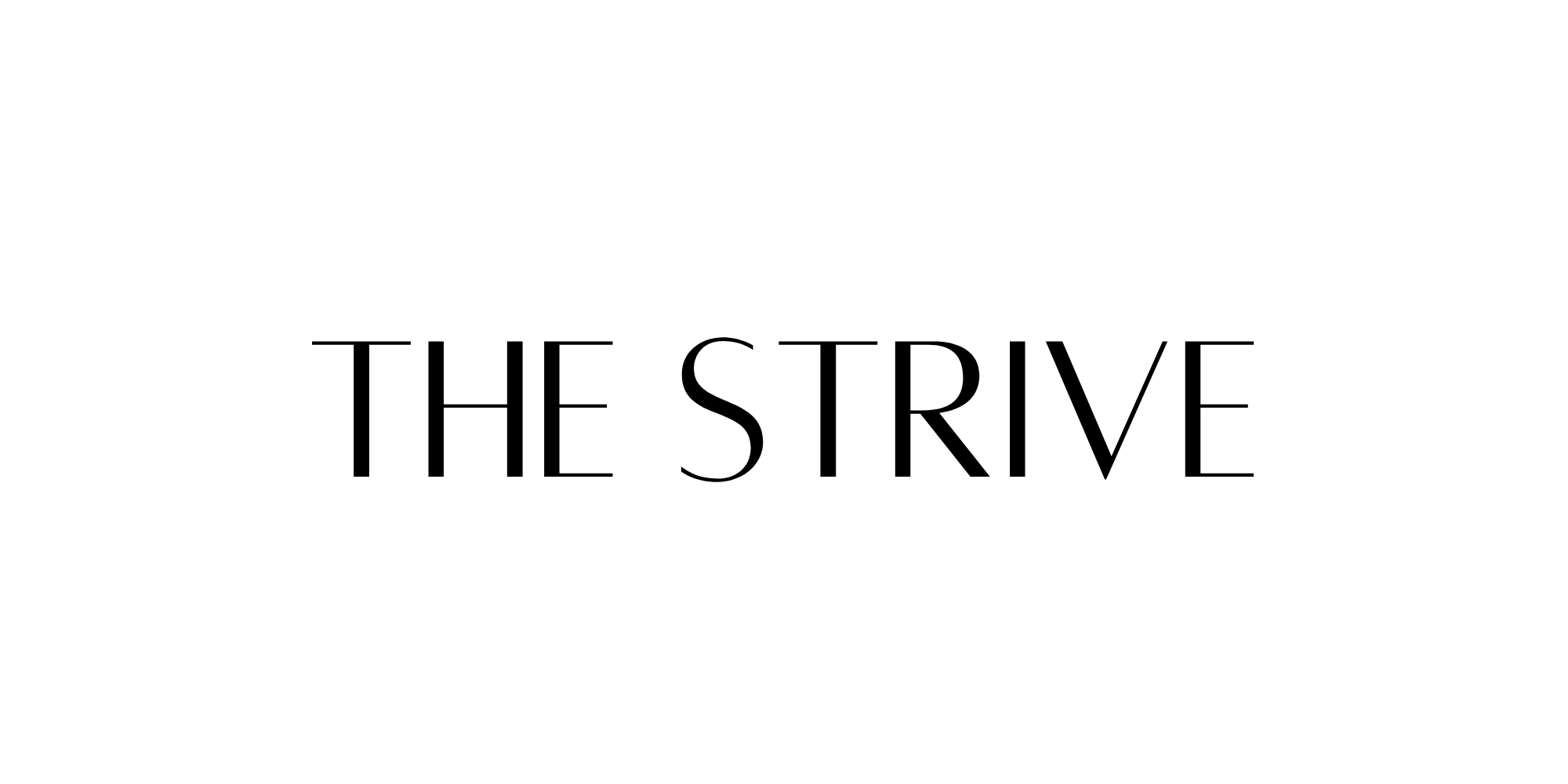Residency Diaries Series #11: Disaster Medicine (COVID Part IV)
5/26/2020 Tuesday 7:34pm
Something I’ve been doing lately-- combing the obituary section of the NY Times and seeing if anyone that I’ve taken care of & died have ended up there. I haven’t found one yet. Most of my patients who have died were minorities and most were not wealthy. Unsurprisingly they have not ended up in the NYT obits but it’s also possible that I just missed it.
I started reading Five Days at Memorial-- a book about what happened at Memorial Medical Center after Hurricane Katrina. I shared the book on my Instagram and someone commented that all those who are looking to go into medicine should read the book. It gave me a pause. Prior to COVID, I never EVER thought about disaster medicine. Choosing, even theoretically, who will get what care and more importantly who will not get certain care or intervention due to limited resources is not something I thought I would ever have to do in resource-rich NYC hospitals.
And yet, in my neuro ICU days, I saw dialysis machines being rationed and even some being denied (or “not offered”) dialysis due to their already-poor prognosis. I saw the lack of typical sedation meds and having to resort to oral medications through intubated patients’ NG tubes. We never quite ran out of ventilators but we were close to it. We expanded our ICU beds to capacities never seen before.
I’m only halfway through the book but I can already feel the heaviness of the decisions that the doctors had to make. Who will be rescued and evacuated first? “Healthier” patients who will likely make it or ventilator patients who will certainly die without the transfer but also have the high likelihood of dying in transit, making the transfer a waste of resource. How do you talk to family members and tell them their loved ones may not get evacuated. It tears me up inside just thinking about it. But at the same time it gives me some perspective about what my coworkers and I just went through. I dreaded having the DNR/DNI conversations but I at least had the ability to communicate with the families. I had power, I had running water, I had food. My hospital building was temperature regulated.
One of the few good things about my worst COVID days is that I did not realize those would be my worst shifts. I just took it day by day, shift by shift-- no doubt feeling a certain background of uneasiness 24/7. At least no one directly died from my mistakes or from my direct oversight. I obsessively checked on everyone’s O2 sats just to make sure I wasn’t going to find them hypoxic and altered halfway through the shift.
Now the EDs are seeing half or less our usual volume. During overnight shifts my co-residents and attendings picked up NYT crossword puzzles and online jigsaw puzzles to pass time. Things are slowly picking up during the day. As NYC slowly opens up no doubt we’ll be back to normal ways in a month or two. This winter it’ll be a madhouse again with the influenza and coronavirus patients. I’ll always remember what the worst of COVID days were like at its initial peak in NYC. I hope to not adjust that barometer again for a very long time.
